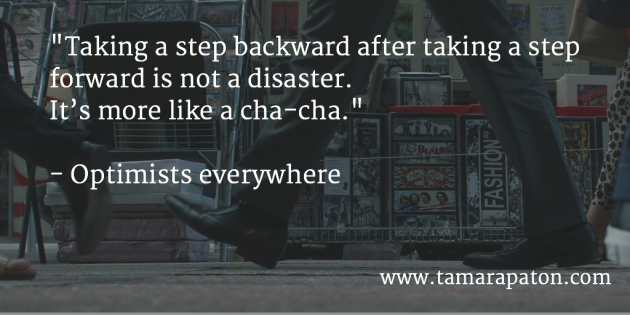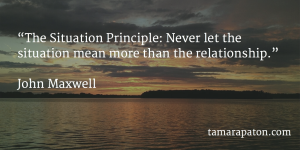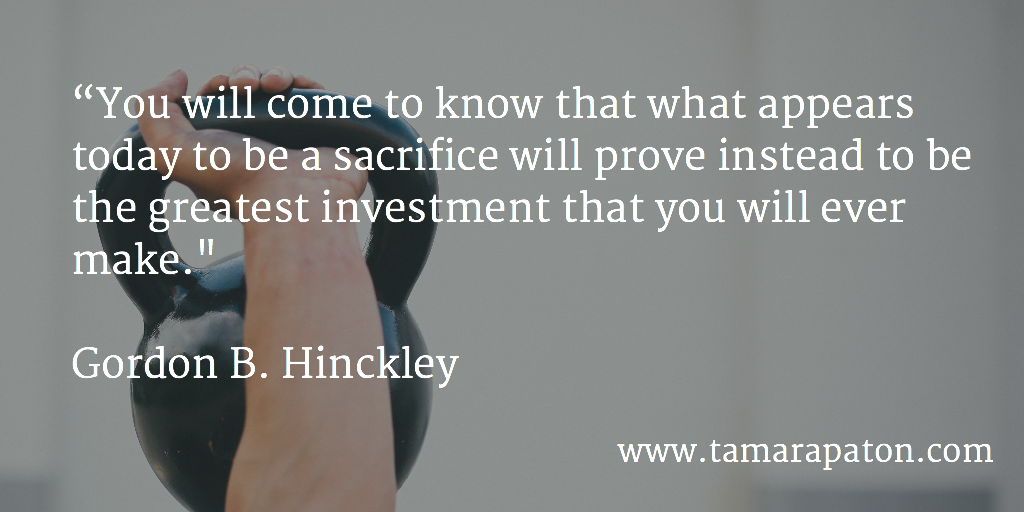

Consider when you last reflected on the value of a positive attitude. Was it in the last 24 hours? And was it your good vibe that improved a situation?
For the sake of your board career, I hope you answered “Yes.” Optimists tend to attract friends and supporters, and can appear to have tailwinds propelling their careers forward. Positive psychology expert and TED speaker Shawn Achor goes as far as to say that the key to success at work is being happy — not the other way around.
This is undeniably true on boards. A positive tone builds trust and credibility with management. It also helps us influence our fellow directors and become someone they would recommend for other board appointments. The work is more enjoyable and collaborative with this mindset, rather than one that holds a “Gotcha!” posture.
Yesterday, I spoke with Mike Erwin, a board chair who embodies positive energy perfectly. Mike refined his appreciation for possibilities over 17 years with the US Army and subsequent graduate studies in positive psychology. Through his combat experience in Afghanistan and his current work leading Team RWB, a veteran support organization, Mike finds that amplifying others’ ideas and potential is the surest path to success (and survival). In short, when the going gets tough, the tough remain optimistic.
Despite the need to ask tough questions and hold management accountable, directors can discharge their duties with a tone of appreciative inquiry. I notice that it is often these directors who have the good fortune to serve on multiple boards and ascend board leadership ranks.
Consider these 3 behaviors that spark positive energy in a board room and beyond.
Align your work with your most productive time
When you are in a state of flow, you are fully immersed in a feeling of energized focus, full involvement, and enjoyment. Psychologist Daniel Goleman recognizes flow when emotions are positive, energized, and aligned with the task at hand. To him, the hallmark of flow is a feeling of spontaneous joy, even rapture, while performing a task.
There was a time in my life when I would do the majority of my client work after my children were asleep. Today, I don’t even attempt it. I know that I am far more likely to achieve a flow state early in the morning with fresh eyes.
SUNY Professor of Psychiatry Brett Steenbarger notes that my old ways are far too common. He observes that “we typically organize our day on the basis of work that needs to get done, not on the basis of what maximizes our capacity to get work done.”
With Dr. Steenbarger’s guidance in mind, I now embrace Michael Hyatt’s commitment to an “Ideal Week”. Whenever possible, I do my writing, thinking, creating in the morning and on specific days. On other days, I schedule meetings and phone calls. Dedicating consistent blocks of time to key activities helps me prepare for board meetings with optimal energy. With solid preparation and a good night’s sleep, I do my best work possible.
Take great care of your body, mind and heart
Psychologist Dr. Kristin Neff explores the relationship between self-compassion and vitality. She explains that “with self-compassion, we give ourselves the same kindness and care we’d give to a good friend.” But what does this mean in the day-to-day?
Research has shown that a positive attitude is correlated to good sleep habits. A consistent meditation practice has been shown to build mental toughness. We can also fuel our work with mood-boosting superfoods rich in folate, vitamin B-12, antioxidants and brain-strenthening selenium. Even listening to your favourite music may relax your arteries and improve blood flow to the brain.
Physical form aside, a positive mindset requires emotional resilience during the particularly challenging aspects of board work. Psychology Guy Winch encourages us to address a rejection, failure or other psychological wound before its effects take root.
For me, this means recognizing what is and isn’t within my span of control. When sparring with two prickly board colleagues earlier this year, I kept my spirits up with help from a favorite Brené Brown quote on my screensaver:
“Don’t try to win over the haters; you are not a jackass whisperer.”
Commit to work that matters
Wharton management professor Adam Grant studied a college alumni fundraising team. Professor Grant arranged for a recent graduate who had attended the university on a scholarship to meet the students. The graduate spoke about how the scholarship had affected his life and how grateful he was for their solicitation efforts.
Following the presentation, the students’ newly inspired efforts yielded 171% of their previous results. They received no additional compensation for their work, just a more profound sense of their positive impact.
Many directors begin their board careers by serving non-profits. Others dedicate significant time mentoring less experienced directors along the way. Regardless of the form of generosity, the act of giving is affirming.
According to Duke University’s Dr. Dan Ariely, giving boosts the outlook of both the giver and recipient:
“If you are a recipient of a good deed, you may have momentary happiness, but your long-term happiness is higher if you are the giver.”
This is not to say that board dynamics should be all sweetness and light. A balance must be struck, beginning with a positive foundation of empathy and appreciation. Consistently bringing positive energy to the board room creates a certain freedom for more pointed questions when required. Over time, doing so will make you a more successful director and a happier one, too.
Question: How do you bring positive energy to your work? I would love to hear your insights via Twitter.










